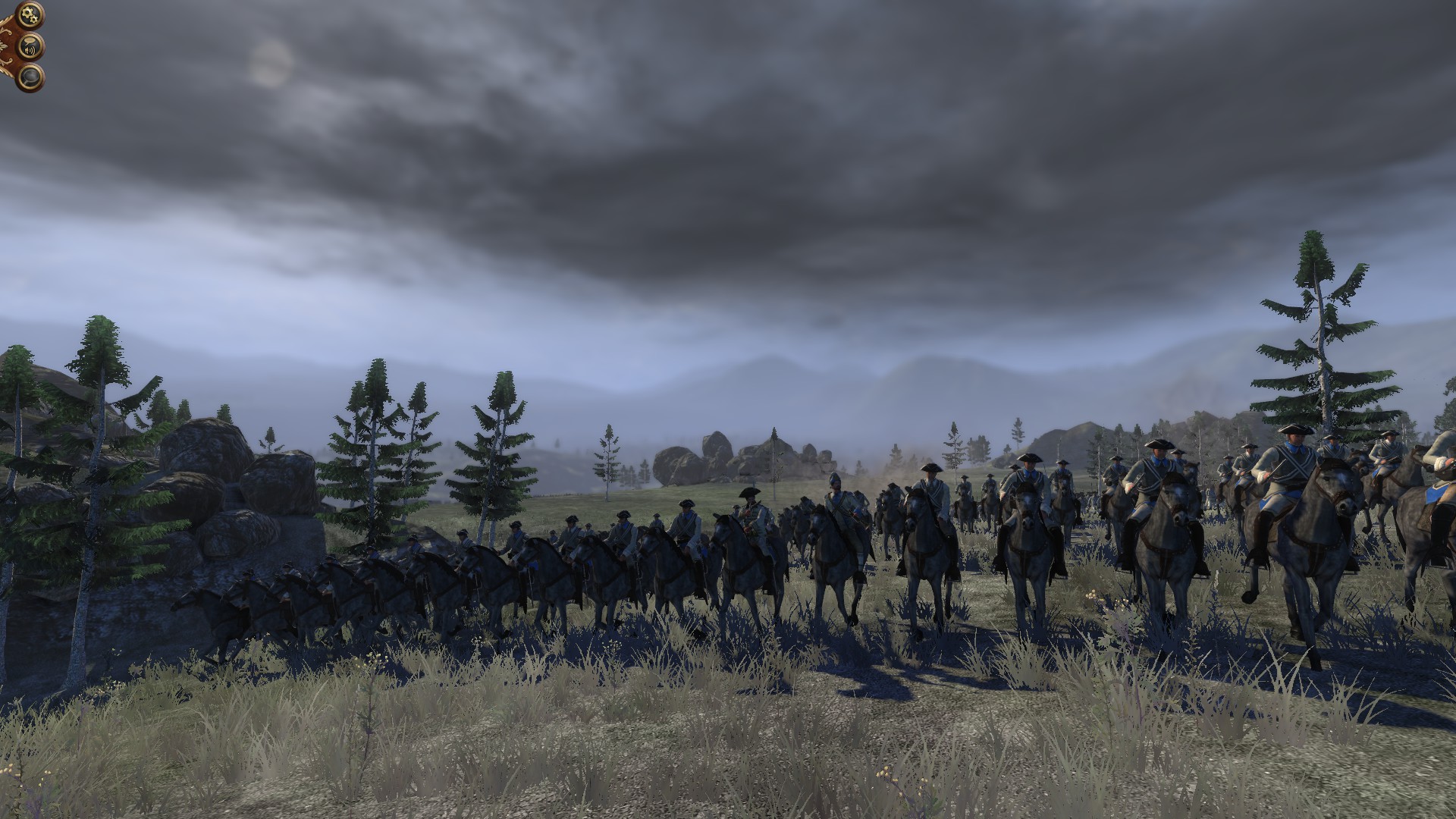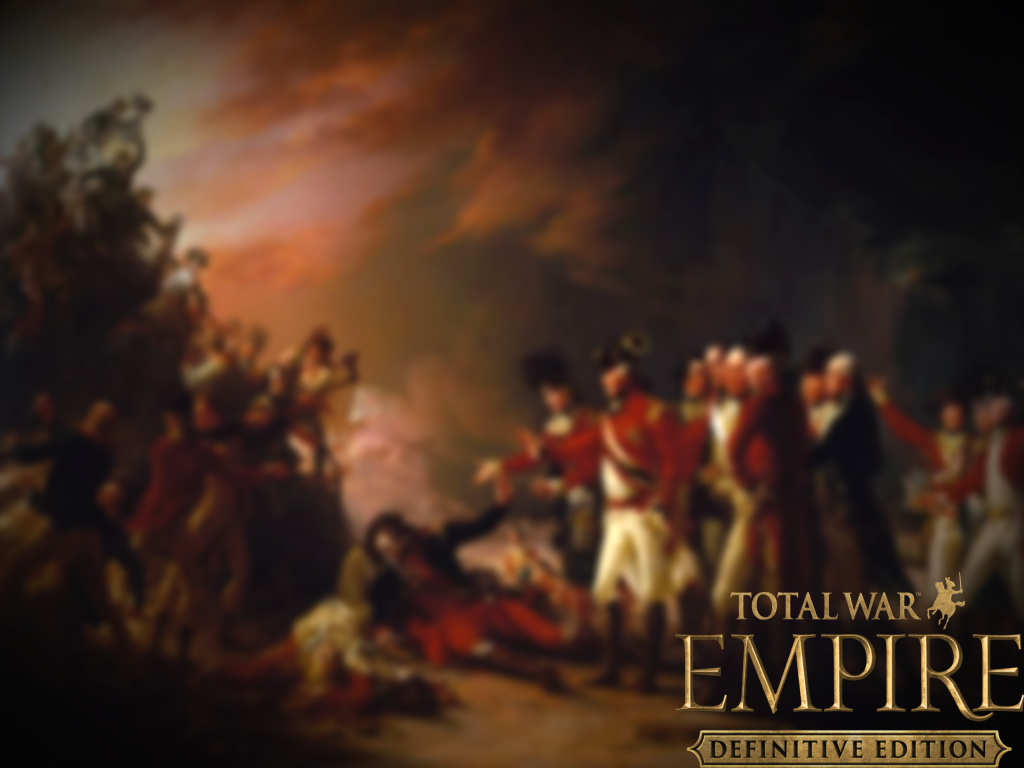


Weigley connected Yorktown to the atrocities of the American West, and the Civil War to American involvement in the world wars of the twentieth century: “The Civil War tended to fix the American image of conflict from the 1860s into America’s rise to world power at the turn of the century, and it also suggested that the complete overthrow of the enemy, the destruction of his military power, is the object of war.” That a ragtag lot like George Washington’s army could remove the world’s biggest empire from the majority of a continent set the tone for things to come, and later conflicts with Native Americans reinforced the policy of total war. He cited German thinker Carl Von Clausewitz’s distinction between two types of strategy – “those that seek the overthrow of the enemy, and those that seek merely to achieve some conquests on the frontiers of the enemy’s country” – and argued that the Revolution fixed Americans to the greater ambitions of the first. The Civil War was far from the first modern or total conflict in his view, the war began on more limited premises than most other American wars, which nearly always aimed at the absolute destruction of the enemy. Weigley’s The American Way of War suggests that such an instinct had marked American military thinking and policy from the nation’s origin. In the same spirit, one can ask: what gave rise to the profoundly destructive impulse that drove the Civil War to its conclusion? A few historians have confronted this question and suggested that total war was nothing new. The desire to uncover a root for the latest violent event underlies writing on total war, as if people wish to know why and when absolute annihilation became acceptable.
Total war definition series#
A series of works on total war also appeared in the 1990s as America’s adventure in the Persian Gulf came and went, such as On the Road to Total War: The American Civil War and the German Wars for Unification, 1861-1871. Merrill’s William Tecumseh Sherman (1971), John Bennett Walters’s anti-Sherman screed Merchant of Terror (1973), and James Reston Jr.’s Sherman’s March and Vietnam, a weepy travelogue that drew a straight line from the burning of Atlanta to Amerian depredations in Southeast Asia. Likewise, a new fascination with the Civil War as an antecedent gripped historians in the early 1970s, when the Vietnam War prompted scholars to trace the trail of napalm backwards through history. Harry Williams’s Lincoln and His Generals (1952), and Raymond Aron’s The Century of Total War (1955). For example, a wave of books on total war rolled out during and after World War II: Fletcher Pratt’s America and Total War (1941), T. People have turned to these questions of modernity and totality after new wars have further demonstrated the destructive capabilities of humankind. Conflicts of vision may have driven people to bloodlust before, but scholarship suggests that the coincidence of technical capability and doctrinal warfare distinguished the Civil War.

Historians have described the Civil War as both a modern and a total war – modern for its use of technology, administrative efficiency, and public relations as tools of war, and total in its character as an all-consuming ideological crusade.

In The Destructive War, Charles Royster touched on the gloomy anticipation that pervades these histories with a 1934 quotation by James Truslow Adams: “What the horrors of the next war are to be, no one dares envisage.” Royster added, “It went without saying that the next war would be more modern than its predecessor.” Indeed, scholarship presumes that what is modern in war consumes ever more of society in the working out of conflict, and many have seen the Civil War as, at least, a prelude to the brutal progress seen in World War II, Vietnam and other struggles. Works on the topic are suffused with a sense of regret and dread, often coming on the heels of deadly conflicts. Few have become more closely associated with the notion of “total war,” and thanks to the horrors of twentieth century battle he has become an icon of modernity. “War is simply power unrestrained by constitution or compact.” With words like these General William Tecumseh Sherman helped secure himself and the American Civil War a place in the pantheon of modern conflicts.


 0 kommentar(er)
0 kommentar(er)
